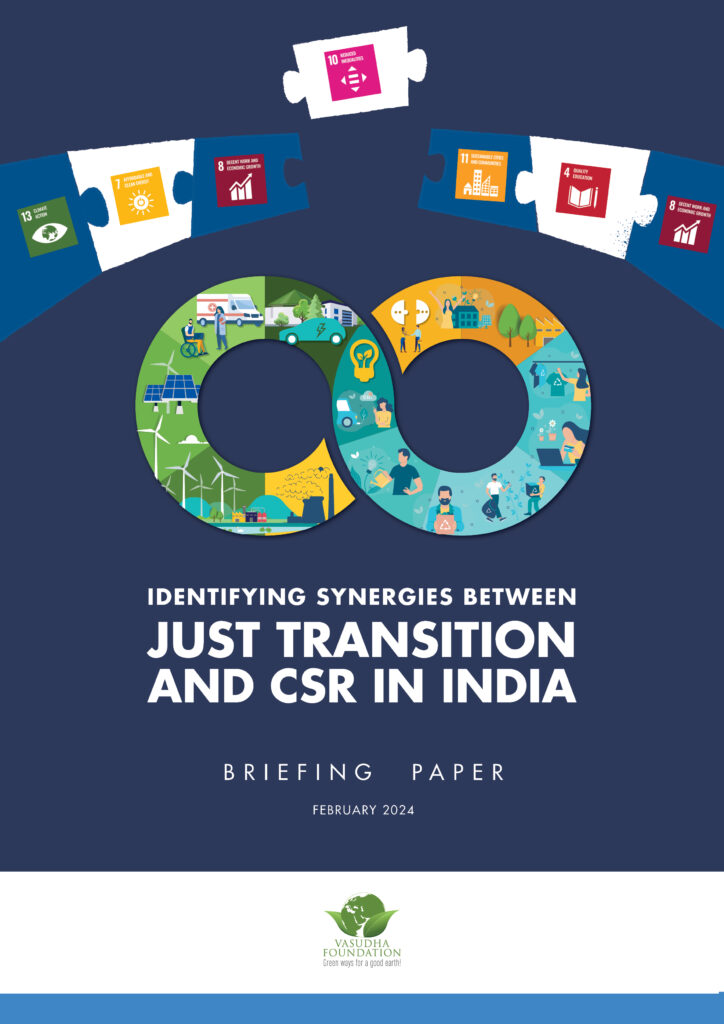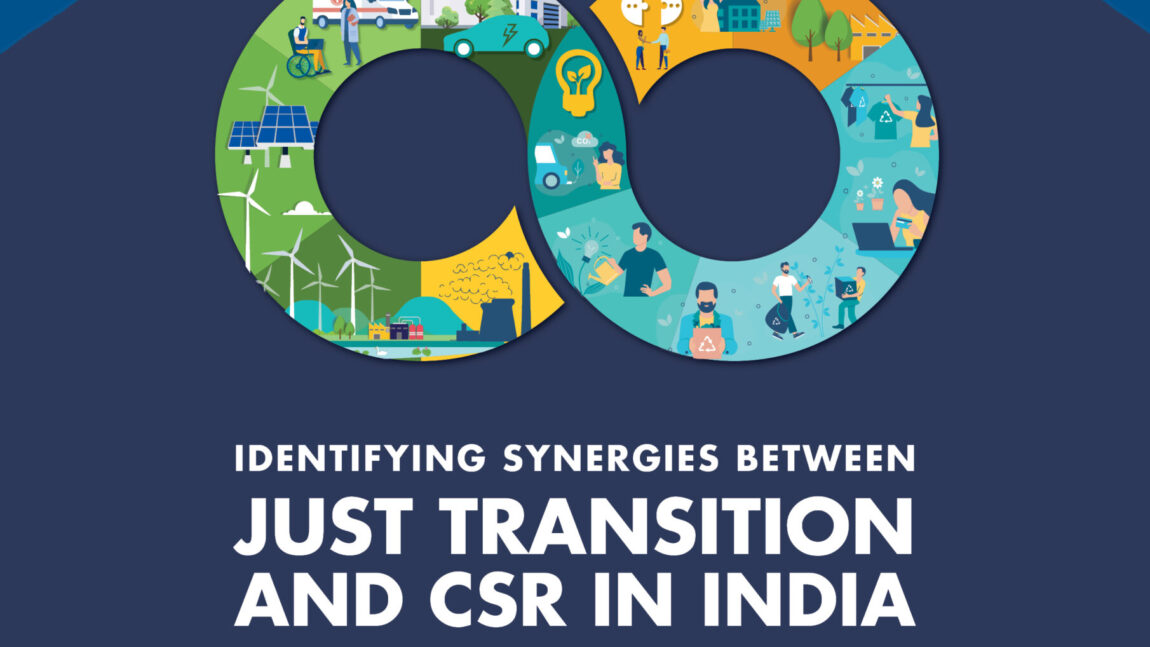
During COP28 in Dubai, over 190 nations pledged to triple the world’s Renewable Energy by 2030 and emphasised the importance of ‘transitioning away from fossil fuels in a just and orderly manner’, in their final text. It further saw a convening of the First Annual High-level Ministerial Roundtable on Just Transition and UNFCCC’s Work Program on Just Transition was organised. These actions are a resounding acknowledgement of three critical realities- first, clean energy is the only viable path forward; second, the transition must be inclusive; and finally, this isn’t just a climate imperative, but rather a business necessity.
India, with its ambitious 2070 net-zero goal and rapidly growing renewable energy (RE) sector, is at the forefront of this transformation. The nation’s diverse industries including power, automobile and heavy industries are already on the path to clean energy, driven by falling costs of RE and forward-thinking policies. While making rapid strides in transitioning from fossil fuels to non-fossils and achieving the net zero goal, it is imperative for a developing nation like India, to ensure that climate action does not
conflict with its development goals, especially those of eradicating poverty, gaining access to energy, and creating new jobs and livelihoods, with a focus to ensuring any livelihood loss is minimal. A transition of this scale, if left unplanned, can disproportionately burden vulnerable populations, disrupt supply chains and industries, threaten livelihoods, and local economies, and render social safety nets inadequate.
In India, the transition could play out in various ways – illustratively, regions with major economic dependence on coal mining, transport, allied industrial activities may need to diversify and find alternative industries, or auto part manufacturing industry clusters will need to pivot in light of the transition from ICE to EVs, or forest dwellers or agrarian communities could be left economically vulnerable by the diversion of community lands for green infrastructure, or land based carbon projects. For a just transition, the impacted workers, communities and vulnerable economic groups need to be included in transition planning and the core target for improved socio-economic outcomes under India’s unfolding green transitions.
A just transition lens addresses this need to anticipate, facilitate and regulate a transition where affected stakeholders win and ensure least disruption to economic practices, employment and social dynamics. Planning for a just transition will enable a people-centric approach to the transition and hence builds resilient and inclusive societies. Businesses play a significant role by making sure that the social dimension is fully integrated into their assessment, stewardship, capital allocation and policy activities.
This paper delves into the concepts and principles of a just and equitable energy transition and highlights its significance for businesses in India. We believe that businesses, through their Corporate Social Responsibility (CSR) initiatives, can play a vital role in ensuring a smooth and equitable transition towards a sustainable future.




